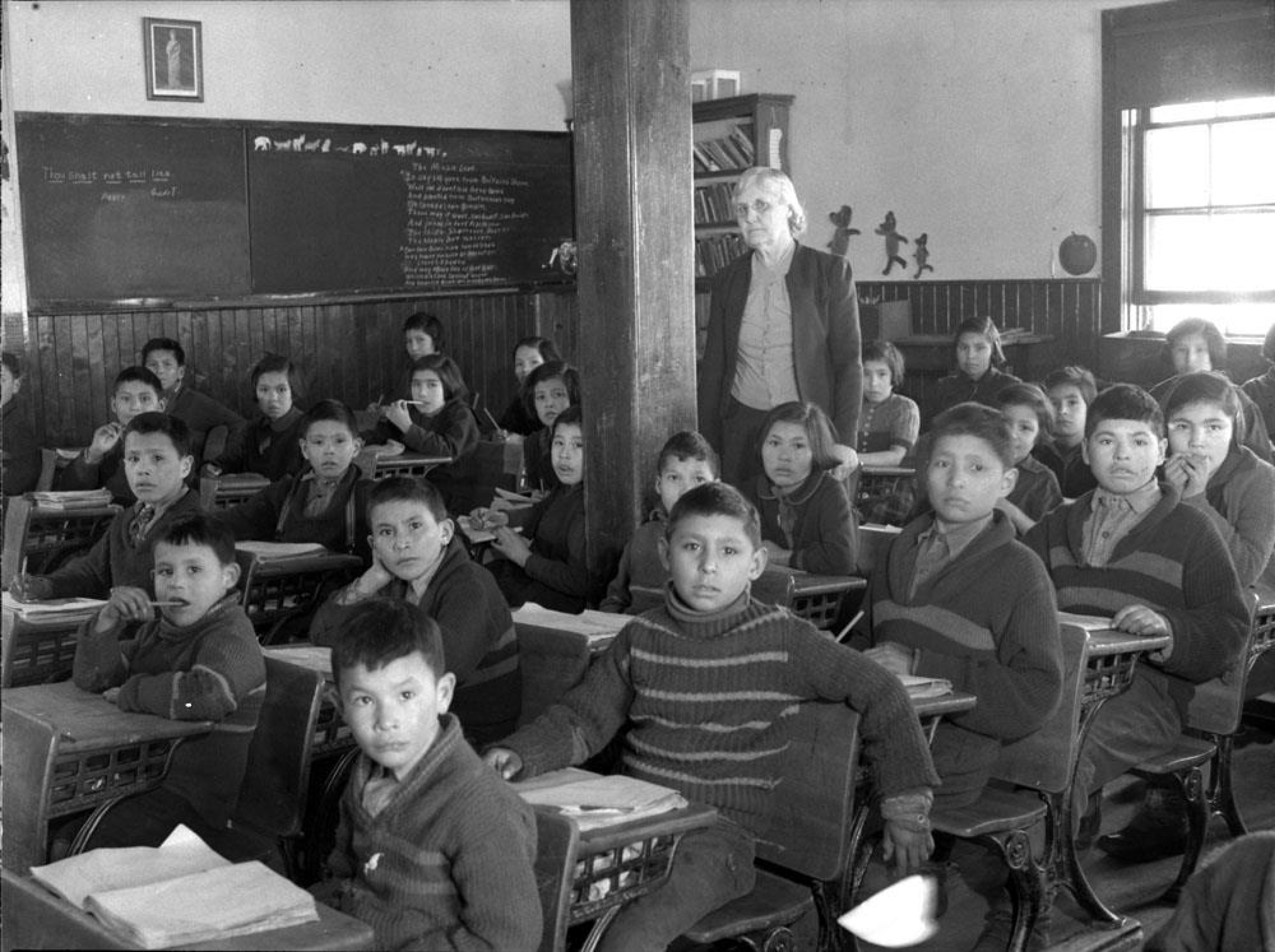Truth and Reconciliation Commission of Canada was an independent investigative body formed in 2008. It sought to lay the foundation for reconciliation with Indigenous (native) people who had suffered poor or unjust treatment in Canada’s residential school system. This school system for Indigenous children existed from the late 1800’s to the late 1900’s. Reconciliation here refers to establishing and maintaining a respectful relationship between Indigenous and non-Indigenous people, by recognizing harm done, making up for wrongdoing, and changing behavior.
In the late 1800’s, the Canadian government paid some church organizations to develop a system of residential schools aimed at the assimilation (incorporation) of Indigenous children into mainstream culture. These children came from Canada’s three Indigenous groups— First Nations, Inuit, and Métis.

Criticism of the residential school system grew in the mid-1900’s. Church participation in the system ended in the 1960’s. The last federally run residential school closed in 1996. The Canadian government and several church bodies have issued formal apologies for their roles in operating the schools.
The Truth and Reconciliation Commission (TRC) was formed as part of the Indian Residential Schools Settlement Agreement. This legal settlement resolved lawsuits filed by groups of former residential school students. The commission’s task was to provide opportunities for individuals to share openly their experiences in the residential school system, and thus make public the harm that had been done. The goal of such communication was a widespread acknowledgement of the past; healing; and, ultimately, improved relations between Indigenous and non-Indigenous Canadians.
The TRC issued its final report on the residential school system in 2015. It made 94 recommendations for improving relations between Canada’s Indigenous and non-Indigenous people. A National Centre for Truth and Reconciliation was established at the University of Manitoba to house the data collected by the TRC and make it permanently available for public education and research.
